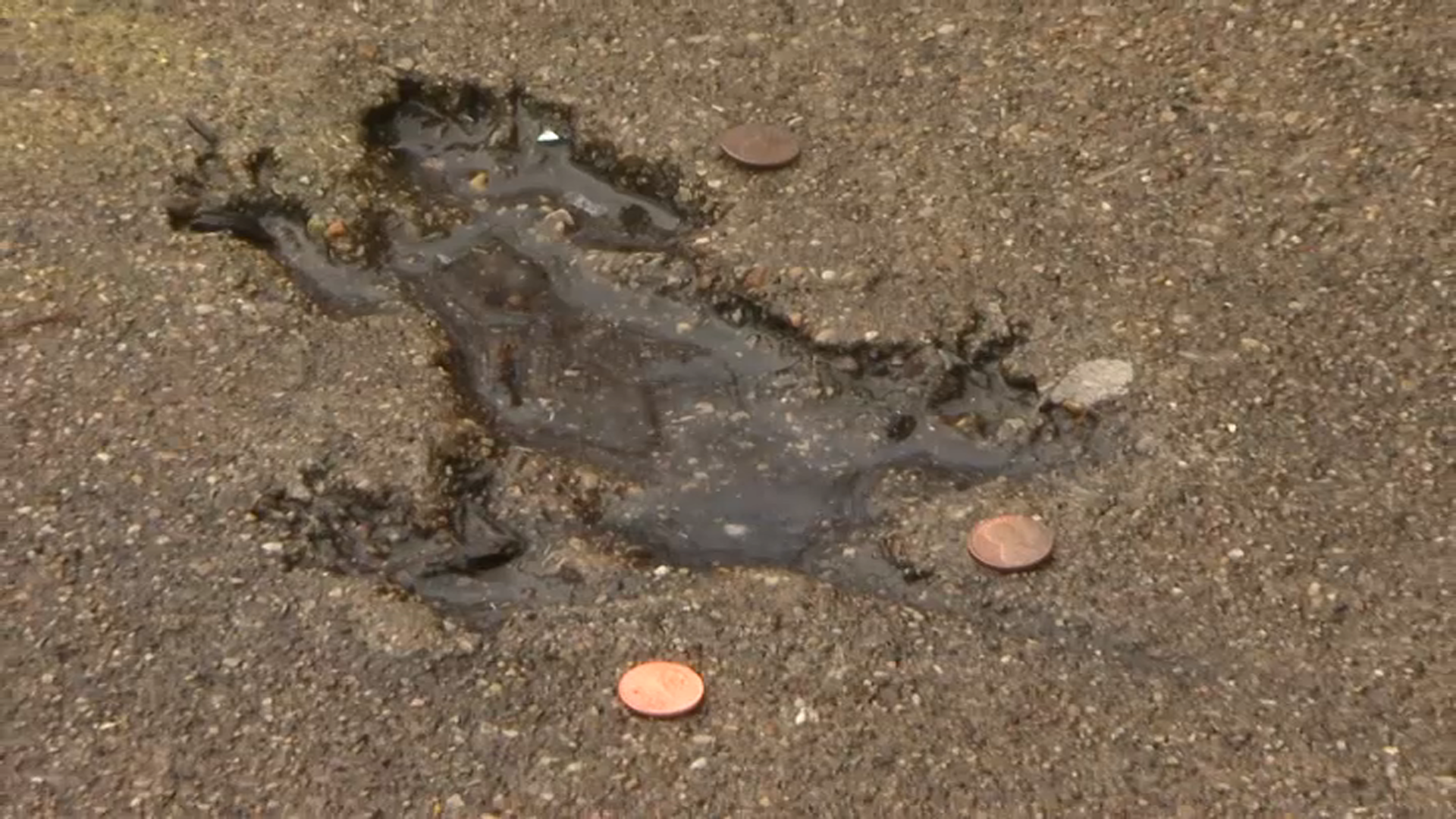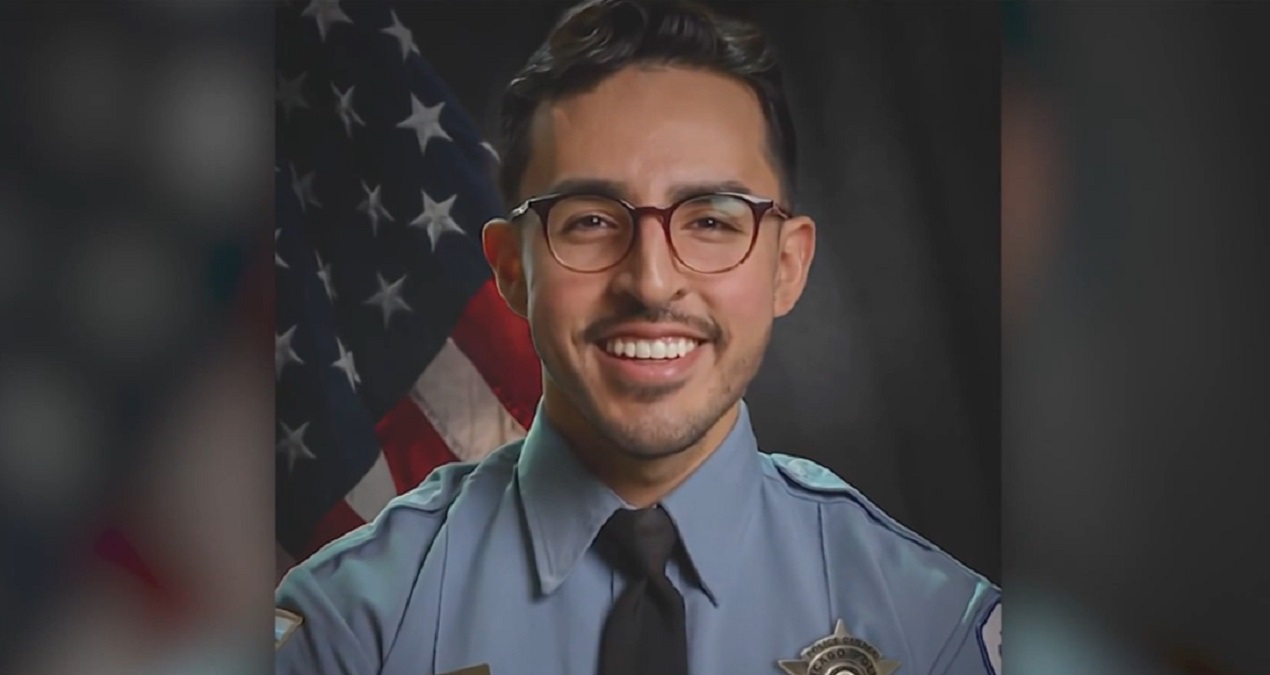Arguing for their clients to be acquitted, defense attorneys for three Chicago police officers accused of conspiracy attempted to turn the tables on prosecutors, doubling down on their original contentions that teenager LaQuan McDonald posed a threat the night he was shot and killed.
“Following the law was a completely foreign concept for LaQuan McDonald,” attorney James McKay told judge Domenica Stephenson. “This case isn’t about violating the public trust—-it’s about LaQuan McDonald violating the law!”
Officers Joseph Walsh and Thomas Gaffney, and detective David March, are accused of falsifying reports, in an effort to exaggerate the threat posed by McDonald the night he was killed. On those reports, Walsh and Gaffney checked a box saying McDonald had been guilty of using “force likely to cause death or bodily harm.”
March was likewise accused of portraying McDonald as a violent assailant in his final report, in a manner which was not supported by a well-publicized dashcam video.
“The video is clear—-LaQuan McDonald did nothing that suggested imminent death or great bodily harm,” special prosecutor Patricia Brown-Holmes told the judge. “They should be held accountable for their actions.”
The officers did not take the stand and their lawyers offered minimal defense. But when it came time to close out their case, all argued that their clients’ statements on the forms were accurate and should not be held against them.
“Consensus is not a conspiracy,” attorney Tom Breen argued, on behalf of Walsh. “Are there similarities or is there some exact language—-why wouldn’t there be?”
Local
Breen argued that Walsh, partner of officer Jason Van Dyke who fired the fatal shots, had been part of what remains a frightening encounter.
“Maybe Van Dyke shot too quickly, maybe he shot too often, but the moment these things occurred there are things going on in the heads of Van Dyke and Walsh,” Breen said. “Our client could reasonably believe he was in danger!”
Attorney William Fahy noted his client had been commended for his actions, a block from the shooting scene, where McDonald stabbed the tire on his squad car.
“How can he possibly be a co-conspirator?” Fahy asked.
Prosecutor Ron Safer answered that Gaffney had filled out his report referring to 3 battered officers and the same description of McDonald likely causing death or bodily harm. Safer argued that he should have stuck to the facts of his own encounter with the teen.
“Why doesn’t he say popped tire?” Safer asked. “Because he is matching word for word!”
Detective March arrived after the fact. But Safer questioned why his report told the story of an assault by McDonald, instead of a homicide by a police officer.
“He lists Laquan McDonald as the subject, and the officers as the victims,” the prosecutor said. “And that—is ironic!”
And McDonald’s behavior?
“He was doing things that night that were illegal,” Safer said. “If things were done correctly, he would be on trial here!”
The judge said she would announce her ruling on the case Dec. 19, at 3 p.m.



